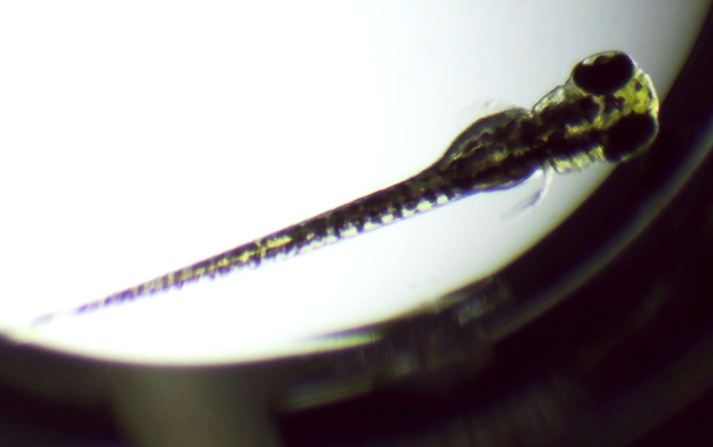In the long term, the health of crews on a lunar base or on the ISS could be compromised if they only consume freeze-dried products. The ability to produce fresh food in space is an important avenue to explore. One possible solution could be space aquaculture, a new concept that requires a great deal of study in science and technology. So far, there are no studies in the literature on aquaculture fish in space. The few experiments for which data are available have been conducted with ornamental fish eggs under microgravity conditions. Gravity, together with cosmic radiation, plays an important role in space, and understanding their effects in isolation and together will help to decipher the underlying molecular mechanisms.
This experiment proposes to study how microgravity, in combination with the absence of cosmic radiation, influences the early development of zebrafish (biomedical research model) and European seabass (aquaculture) by assessing its effects on fish survival, hatching rate, behaviour and teratology, as well as on RNA and DNA quality and gene expression of key genes.


